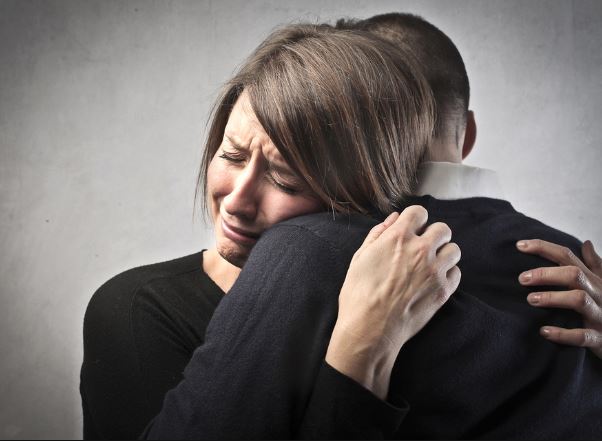The death by suicide of Kate Spade, Fashion Designer, dominates the news. Such a sad loss of life.
When the media reports another death by suicide I see people making heartfelt comments expressing their shock and sending messages of support to families. I imagine them reading the article and feeling sadness for all involved, expressing to others around them how they feel when they read of the death. But I wonder, do you look around you and have any idea what the people in your lives are struggling with, at home, at work, at school? Would you know what to look for or what conversations to have?
Each day 8 Australians take their own life. Suicide is the leading cause of death for Australians aged between 15 and 44, with around 3,000 people dying by suicide every year. For each suicide, there are tragic ripple effects for families, friends, work colleagues and the wider community. Research also tells us that each year hundreds of thousands of people think of suicide.
Shocking facts, yet we just don’t talk about it. Suicide is mostly preventable and we all have a part to play. There still remains a stigma around suicide and this is why people don’t reach out. Fear of judgement and condemnation is costing the lives of Australians and millions of others across the world. It’s ignorance that is contributing to lost lives. Increasing people’s knowledge about suicide and suicidal thoughts will increase the likelihood of people having life-saving conversations.
Do you think that once someone is suicidal they will always be suicidal? That’s not the case. Many people who have suicidal thoughts don’t act upon them. It’s at times when thoughts of suicide are intrusive and intense that people need us the most.
Do you think that if you ask someone if they are having thoughts of suicide that you might put ideas in their head? This is not true. Research has found that asking about suicide reduces risk. It allows the person to talk about their problems and it shows them that somebody cares.
There is help available, in many forms. GPs are an excellent resource, if your GP isn’t then find another one. GPs open doors to specialists that know what you’re going through and how to help. Lifeline have trained crisis supporters available 24/7 on 13 11 14 and online Crisis Support Chat 7 days a week between 7pm and 4am AEDT at www.lifeline.org.au/crisischat. Suicide Call Back Service is a free nationwide professional telephone and online counselling service available 24/7 on 1300 659 467 and at www.suicidecallbackservice.org.au
We all stumble sometimes and may need helping up. The following extract is from a man who had thought suicide was the answer:
“One day in December, I decided that life was too hard to bear. In the moment of my suicide attempt, I thought of the times that were tough and the times that brought me joy. I realized during that dark hour that this was not how I wanted things to end. This was not how I wanted to be remembered. This was my dark secret until now. I want to share this with you because life is complicated, hard, and often a constant struggle. But that doesn’t mean you have to do it alone. There are too many people that care in the world. I learned that the hard way. I cannot thank those people who helped me enough. They helped because they cared and wanted me to live”.
Please reach out, please speak up, you are not alone and you are worthy.
Tina Winchester – Head of EAP at the Career Development Centre
Mental Health First Aid Instructor
Sources:






